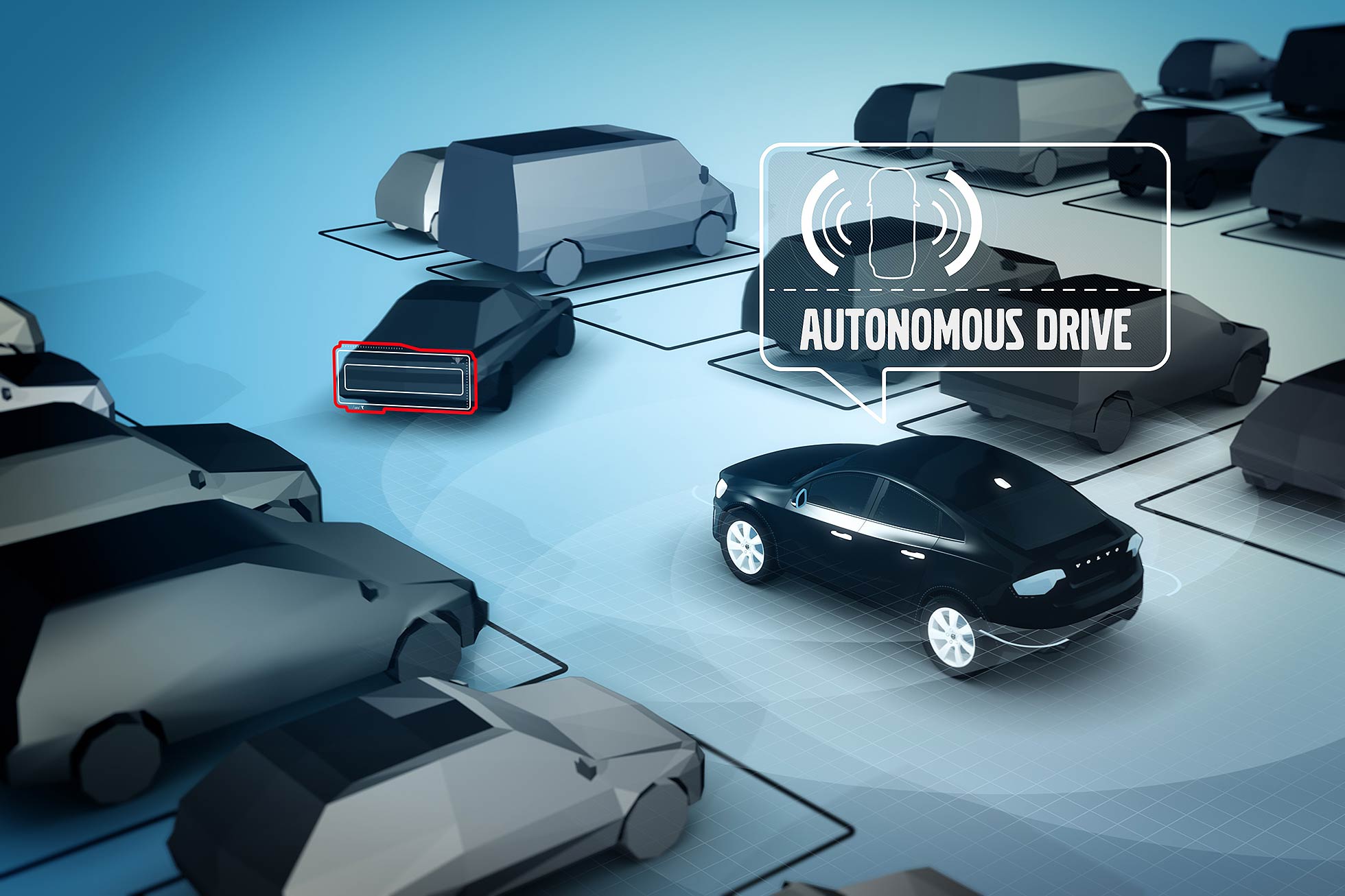 Autonomous cars will solve the problem of ever-larger cars squeezing into no-bigger parking bays, and possibly even help overcome the challenge of too-few inner city parking spaces, claimed Volvo at the 2014 LA Motor Show.
Autonomous cars will solve the problem of ever-larger cars squeezing into no-bigger parking bays, and possibly even help overcome the challenge of too-few inner city parking spaces, claimed Volvo at the 2014 LA Motor Show.
That’s because autonomous cars will significantly increase the available spaces in every existing car park.
Remote-control self-driving cars will be able to park millimeters from one another because occupants won’t have to get in and out of them: instead, they can get out at the entrance to a car park and let the self-driving app do the rest.
More spaces within the same space, says Volvo, with welcome extra convenience too. “It will be like valet parking for all,” said Håkan Samuelsson, president and CEO of Volvo Car Group.
The technology will also eliminate the risk of car park dings and scrapes, something many have experienced because of the challenge posed by threading today’s large cars into yesterday-sized car parks.
Autonomous appeal
Functionality such as this is an example of how car manufacturers are trying to make autonomous driving appealing to consumers by adding convenience features. Motorists today are unconvinced by ‘self-driving cars’ but firms such as Volvo believe cars that drive themselves in certain situations are the future.
“Almost all road collisions are caused by human error,” said Samuelsson. “If you take human input away, you automatically have a safer car.”
Volvo’s vision is for zero fatalities in any of its newly launched cars by 2020 and situations-specific autonomy is a key part of this plan.
Volvo will be the first car manufacturer to deliver self-driving cars to consumers in 2017, with a 100-car ‘pilot assist’ test in Sweden called Project Drive Me.
This, it hopes, will help convince consumers autonomous cars aren’t being designed to fully take over from the driver, but drive themselves in stations chosen by the driver – such as on motorways when they want to check emails or read a book, said Volvo.
Or, more likely, check Facebook and send a tweet.
ALSO READ
Seat Leon Cupra (2014) quick spin